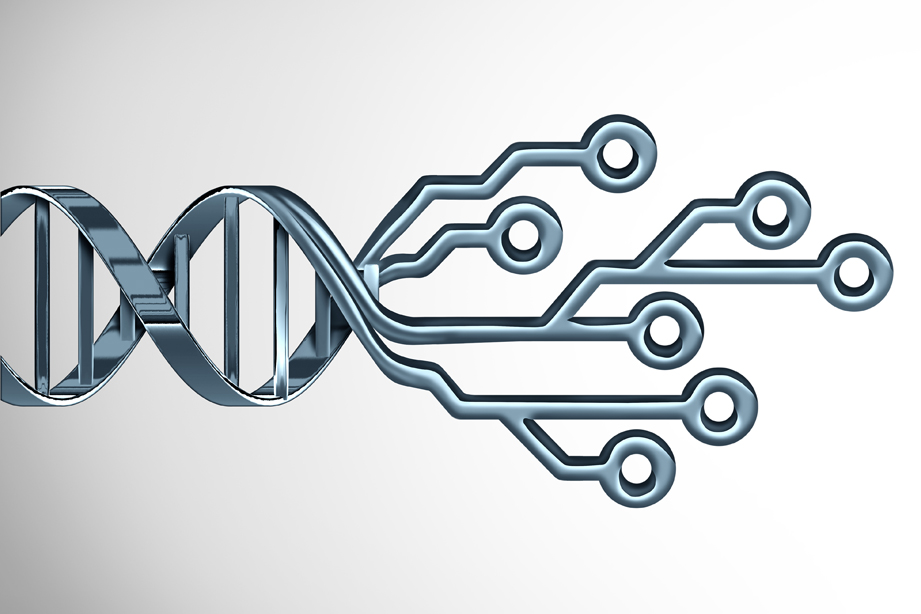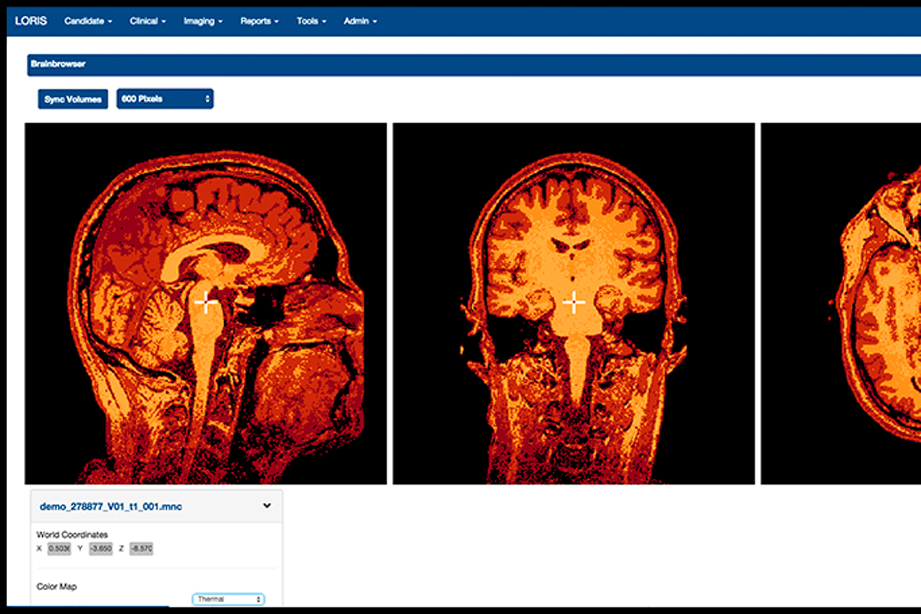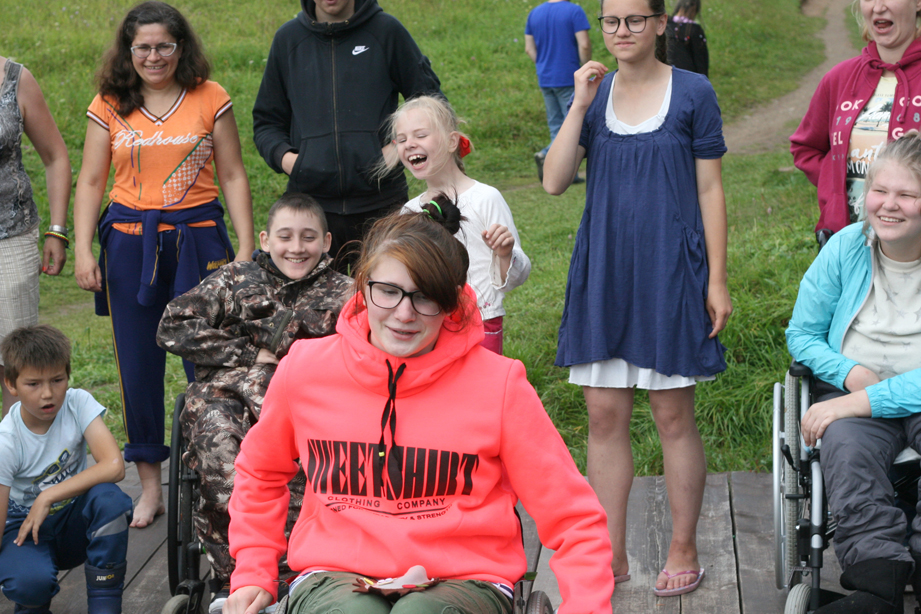Challenge Up to 90% of children with neurodevelopmental disorders (NDDs) experience sleep problems, particularly insomnia, which refers to difficulty falling asleep, staying asleep, and waking up in the morning. This number is in stark contrast to the 25% of typically developing children who have trouble sleeping. Poor sleep can lead to significant consequences for children’s [...]
ASD Pathways
Nicolas Turgeon-Morin2025-01-09T13:05:53-08:00Challenge While there has been little research done about the transition to adulthood in people with autism spectrum disorder (ASD), there has also been increasing concern from parents and policymakers about the poor adult outcomes associated with ASD. However, research on children with ASD can now lead to a study of adults. Project Summary In [...]
The Neuroethics Core
Nicolas Turgeon-Morin2023-10-19T10:44:42-08:00Challenge New biomarkers, new treatments, and new methods: scientific advancements bring new opportunities, but they also tend to bring further ethical questions with them. This is especially true in the field of neurodevelopmental disorders (NDDs) since it involves vulnerable populations such as children, people struggling with addictions and people with disabilities. Project Summary Built into [...]
FASD Gaming Website
Nicolas Turgeon-Morin2023-10-19T10:45:20-08:00Challenge Social skills significantly impair children with Fetal Alcohol Spectrum Disorder (FASD), which can often lead to additional problems concerning health, education, and addictions. However, there is limited research on the efficacy of social skills interventions for children affected by FASD. To address this knowledge gap, researchers will investigate if gaming could be a viable [...]
One-Stop-Database-Shop for Genomics Data on Brain-Based Disabilities
Nicolas Turgeon-Morin2023-10-19T10:46:38-08:00Challenge A lot of genomics data has been published on neurodevelopmental disabilities, but researchers face challenges in accessing this information. Data found in the literature is often scattered and difficult to synthesize, and simply aggregating data onto one platform isn’t sufficient. Project Summary This project aimed to examine the literature on the genomics of FASD, [...]
The Neuroinformatics Core
Nicolas Turgeon-Morin2023-10-19T10:47:02-08:00Challenge Neuroscience is a broad field with a vast array of research and findings. The research often interconnects in various ways and allows scientists to extrapolate data that is useful for future projects. The problem, however, was to create a database where this information could be shared, accessed and used in meaningful ways. Project Summary [...]
The Canadian Cerebral Palsy Registry
Nicolas Turgeon-Morin2023-10-19T10:47:26-08:00Challenge While cerebral palsy is the most common physical impairment in pediatrics, there is a lack of data on how the disease presents in children at the population level. Do regional differences exist across the frequency and spectrum of cerebral palsy within Canada? How does the Canadian experience compare internationally ? What can a population [...]
Focusing on Strengths Rather than Deficits in FASD Interventions (OIP)
Nicolas Turgeon-Morin2023-10-19T10:48:33-08:00Challenge Approximately 1 in 100 children per year affected by prenatal alcohol exposure. These estimates translate to thousands of affected infants born each year with Fetal Alcohol Spectrum Disorder (FASD). Intervention programs for children with FASD have traditionally focused on addressing deficits in cognitive ability and intellectual capacity, or on adapting social behaviours. Such programs [...]
The Knowledge – Translation Core
Nicolas Turgeon-Morin2023-10-19T10:52:12-08:00Challenge It is no secret that there is often a gap between published evidence and the support that children with neurodevelopmental disabilities receive. For years, many researchers have struggled with how to translate knowledge into impact and have often carried out research without keeping this in mind. What resulted was a multitude of research and [...]
Discovering Genes that Play a Role in Autism Spectrum Disorders
Nicolas Turgeon-Morin2023-10-19T10:53:26-08:00Challenge Mounting evidence has shown that genetics play a role in Autism Spectrum Disorders (ASD). While genetics does not determine that an individual will develop autism, it can increase the risk. Researchers have discovered genes that determine properties of synapses—a junction between two nerve cells that fuses a connection between them—as potentially playing a role [...]











